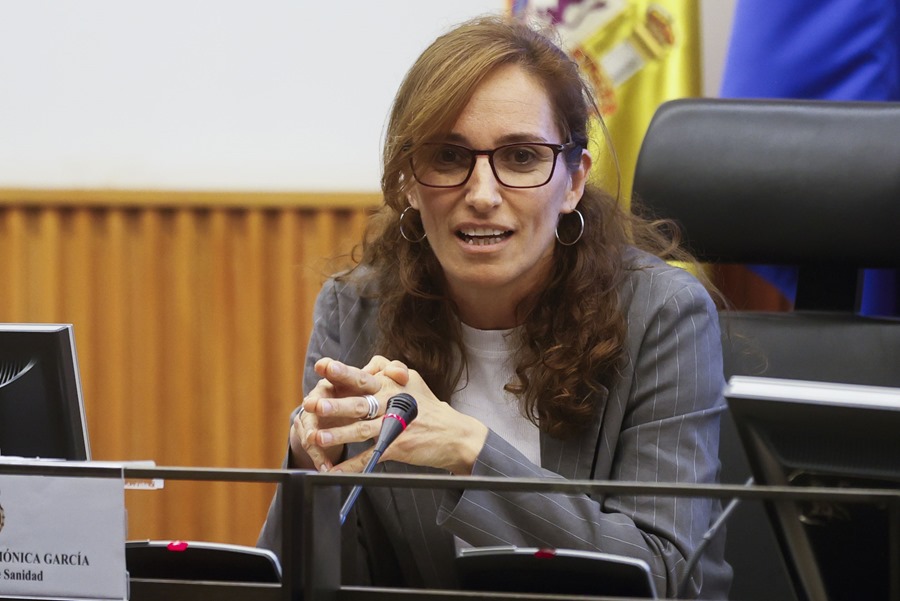Monica Garcia, WHO Executive Committee member

Madrid (EFE) Making plans. To promote gender equality in health and in this sector.
The appointment of García, who had presented his candidacy in May, took place on 30 October, however, “out of respect for the situation being experienced in areas affected by Dana”, the Ministry preferred not to make it public. He said in a press release issued this Thursday.
your goals
From there, the minister wishes to promote on a global scale what she already promotes from the ministry: “Primary care as the heart of health systems, caring professionals, pointing out the importance of climate change for health, Promoting gender equality “Working against childhood obesity through health and sport, healthy eating and social determinants of health.”

The WHO Executive Board is composed of 34 technically qualified people in the field of health, each appointed by a Member State, having been given the authority to do so by the World Health Assembly, WHO’s highest decision-making body.
The mandate, which will run for three years, extends from 2025 to 2028.
current committee
The 34 current members are mostly health or senior health ministry officials from 7 African countries – Cameroon, Comoros, Ethiopia, Lesotho, Senegal, Togo and Zimbabwe; six other Americas—Barbados, Brazil, Canada, Chile, the United States, and Costa Rica—; and three from Southeast Asia – Maldives, North Korea and Thailand.
From Europe, they come from Bulgaria, Slovakia, Israel, Norway, Poland, Moldova, Switzerland and Ukraine; from the eastern Mediterranean region, from Morocco, Lebanon, Somalia and Yemen and, from the western Pacific region, from Australia, China, Brunei, Micronesia and South Korea.
This body holds two annual meetings. The first, larger, is in January, and it defines the agenda and votes on resolutions to be presented to the Health Assembly, which is WHO’s most important decision-making body, whose function is to set public health policies at the global level. , which includes defining priorities, guiding strategies, and approving work programs.
The Assembly meets annually in Geneva, attended by delegations from all WHO member states, and these meetings debate issues of importance to global health; Its responsibilities include the election of the Director-General of WHO, oversight of the organization’s finances, and approval of the budget that allows the execution of public health programs and projects.
